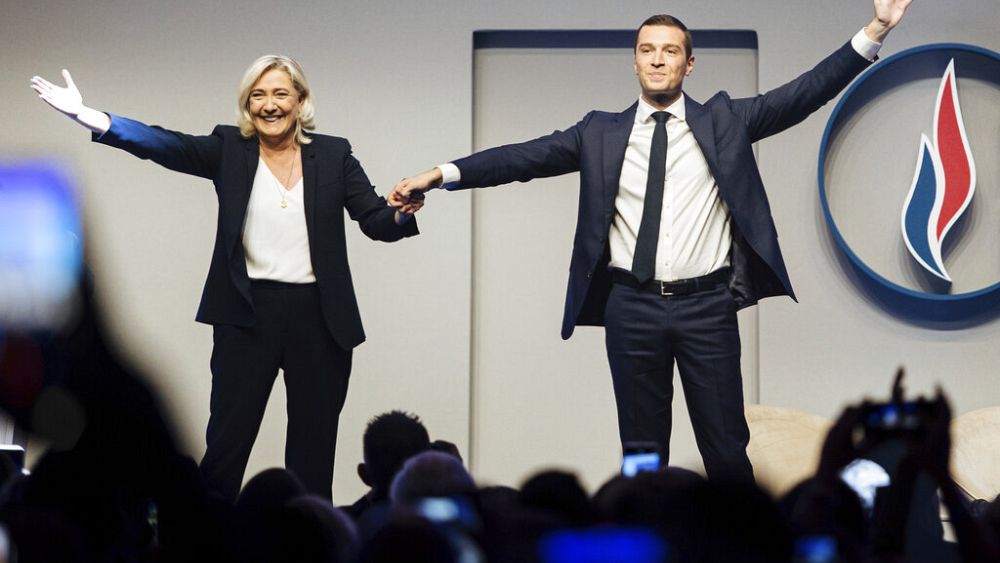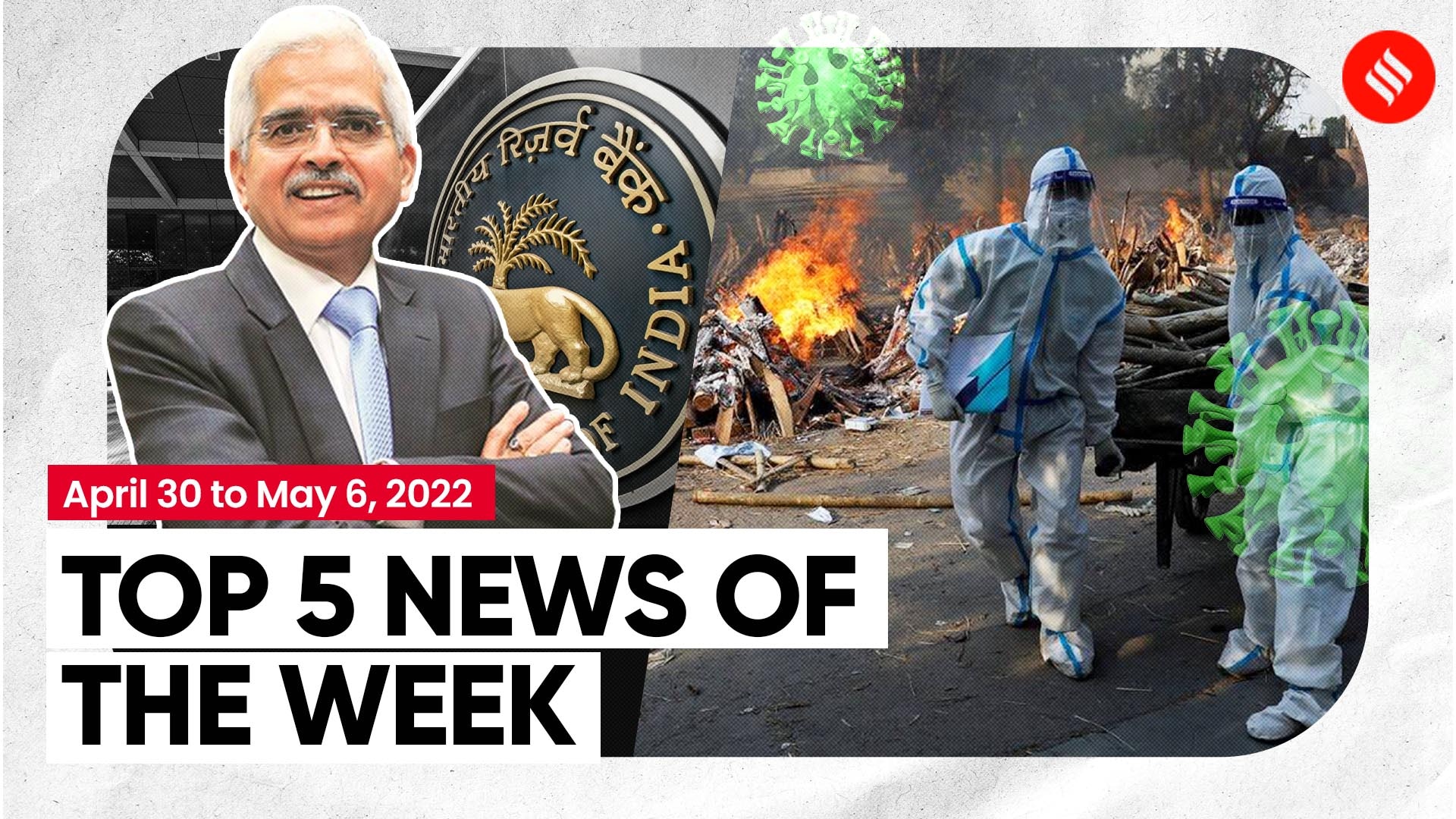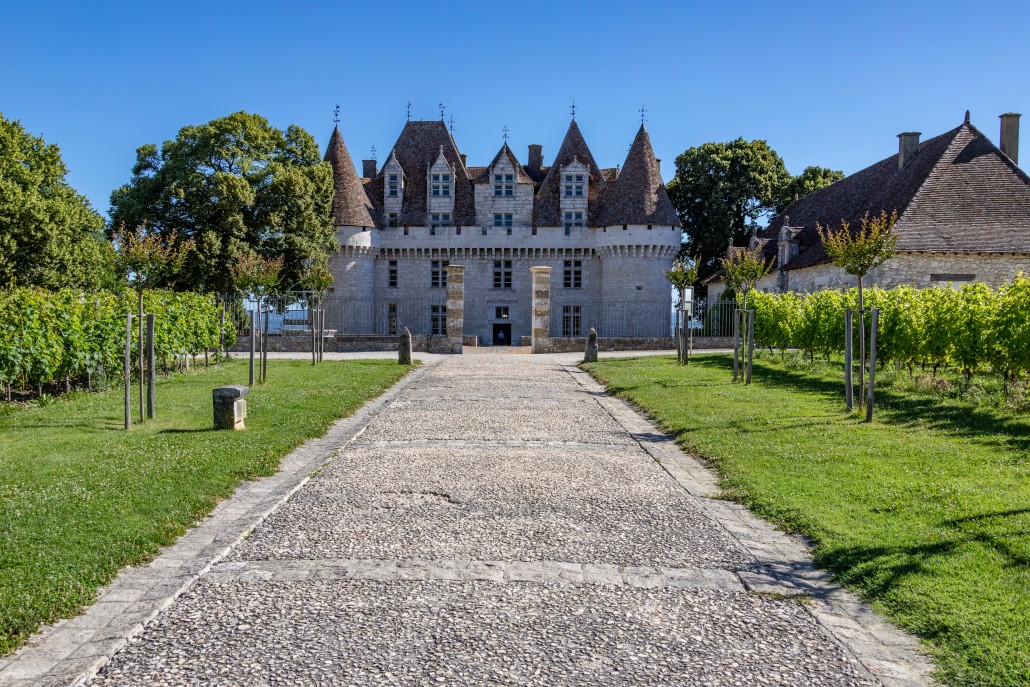Jordan Bardella: Leading The French National Rally Into The Next Election

Table of Contents
Bardella's Ascent to Power
Jordan Bardella's journey to the presidency of the National Rally is a compelling narrative of ambition and strategic maneuvering within a complex political party. His relatively young age – he was elected at 26 – is itself a significant departure from the party's past. His background isn't one of established political lineage, but rather a rise through the ranks fueled by dedication and political acumen.
-
Early involvement in youth movements: Bardella's political engagement began early, showcasing an inherent drive towards public service. His participation in youth movements affiliated with the National Rally provided a strong foundation for his future career.
-
Success in local elections: Before achieving national prominence, Bardella demonstrated his electoral capabilities through success in local elections. These early victories honed his campaigning skills and provided valuable experience in navigating local political dynamics.
-
Key roles within the National Rally before becoming president: He served in various positions within the party structure, steadily gaining influence and demonstrating his administrative capabilities. This gradual ascension gave him an intimate understanding of the party's inner workings.
-
His relationship with Marine Le Pen: Bardella's relationship with Marine Le Pen, the party's previous leader, is crucial to understanding his rise. Their working relationship demonstrates a strategic alliance, highlighting his ability to earn the trust and support of established figures within the National Rally. This relationship helped solidify his position as a credible successor.
Modernizing the National Rally's Image
One of Bardella's key objectives is to modernize the National Rally's image, moving it away from its controversial past and broadening its appeal to a wider range of voters. This involves strategic communication and a carefully crafted policy agenda.
-
Emphasis on specific policy areas to attract broader support: Bardella has prioritized certain policy areas, such as addressing the concerns of working-class families and focusing on issues like purchasing power and security. This shift towards addressing more mainstream concerns is a deliberate attempt to attract voters beyond the party's traditional base.
-
Use of social media and modern communication techniques: Recognizing the importance of modern communication, Bardella utilizes social media platforms extensively to connect with younger voters and bypass traditional media gatekeepers. This strategy enables him to directly engage with his target audience and control the narrative surrounding his party.
-
Attempts to distance the party from past controversies: Consciously acknowledging past controversies, Bardella is actively working to present a renewed and modernized version of the National Rally. This includes reassessing certain party stances and emphasizing the party's focus on current issues.
-
Focus on specific demographics (e.g., young voters): A key aspect of Bardella's strategy involves appealing to young voters, a demographic traditionally less engaged with the National Rally. He is tailoring his messaging and policy proposals to resonate with their concerns.
Key Policy Positions and Electoral Strategies
Bardella's policy positions and the National Rally's electoral strategies are deeply intertwined, aiming to consolidate existing support while expanding into new voter segments.
-
Stances on immigration and national identity: While maintaining a strong stance on immigration control and national identity, Bardella is attempting to present these policies in a less confrontational manner, seeking to address anxieties without alienating potential voters.
-
Economic policies and proposals: The party’s economic policies focus on strengthening the French economy, supporting businesses, and improving the purchasing power of ordinary citizens. This is a calculated move to attract a wider range of socioeconomic groups.
-
Approach to European Union membership: The National Rally’s position on European Union membership remains a key issue. Bardella's approach seeks to navigate the complexities of this debate while appealing to both Eurosceptic and pro-European factions within the party and the electorate.
-
Target voter groups and regional strategies: The party is targeting specific voter groups, including working-class families and those concerned about security and immigration. Regional strategies are tailored to address local issues and concerns.
Challenges Facing Bardella and the National Rally
Despite his efforts, Bardella faces numerous challenges in leading the National Rally to electoral success.
-
Competition from other right-wing parties: The French political landscape includes various right-wing parties competing for the same voter base, presenting a significant hurdle for the National Rally's growth.
-
Overcoming negative perceptions of the party: The party still struggles with negative perceptions stemming from its past and historical associations. Changing these perceptions requires sustained effort and a consistent demonstration of positive change.
-
Internal party unity and potential factions: Maintaining internal unity within the National Rally is essential for effective campaigning. Potential divisions and internal factions could undermine the party's efforts.
-
Adapting to changing political landscapes: The ever-shifting political landscape requires constant adaptation and the ability to respond effectively to evolving social and economic realities.
Conclusion
Jordan Bardella's leadership of the National Rally represents a significant shift in French politics. His efforts to modernize the party's image and broaden its appeal are crucial for future electoral success. However, significant challenges remain. To fully understand the evolving dynamics of French politics and the impact of Jordan Bardella's leadership, further research into his policies and the National Rally's strategies is essential. Keep updated on the latest developments surrounding Jordan Bardella and the French National Rally to understand the potential impact on upcoming elections. The future trajectory of the National Rally under Bardella's leadership will undoubtedly shape the French political landscape for years to come.

Featured Posts
-
 Santos Targets Ufc 313 Knockout 50 000 Bonus For Baby
May 19, 2025
Santos Targets Ufc 313 Knockout 50 000 Bonus For Baby
May 19, 2025 -
 Top 5 News Stories In India Political Feud Spy Arrest And Current Events
May 19, 2025
Top 5 News Stories In India Political Feud Spy Arrest And Current Events
May 19, 2025 -
 Diy Chateau Decor Affordable Ways To Achieve A Chateau Look
May 19, 2025
Diy Chateau Decor Affordable Ways To Achieve A Chateau Look
May 19, 2025 -
 Analyzing The Trials Ending Teas Guilt And Her Parents Destiny
May 19, 2025
Analyzing The Trials Ending Teas Guilt And Her Parents Destiny
May 19, 2025 -
 Metas Monopoly Trial The Ftcs Shifting Strategy
May 19, 2025
Metas Monopoly Trial The Ftcs Shifting Strategy
May 19, 2025
